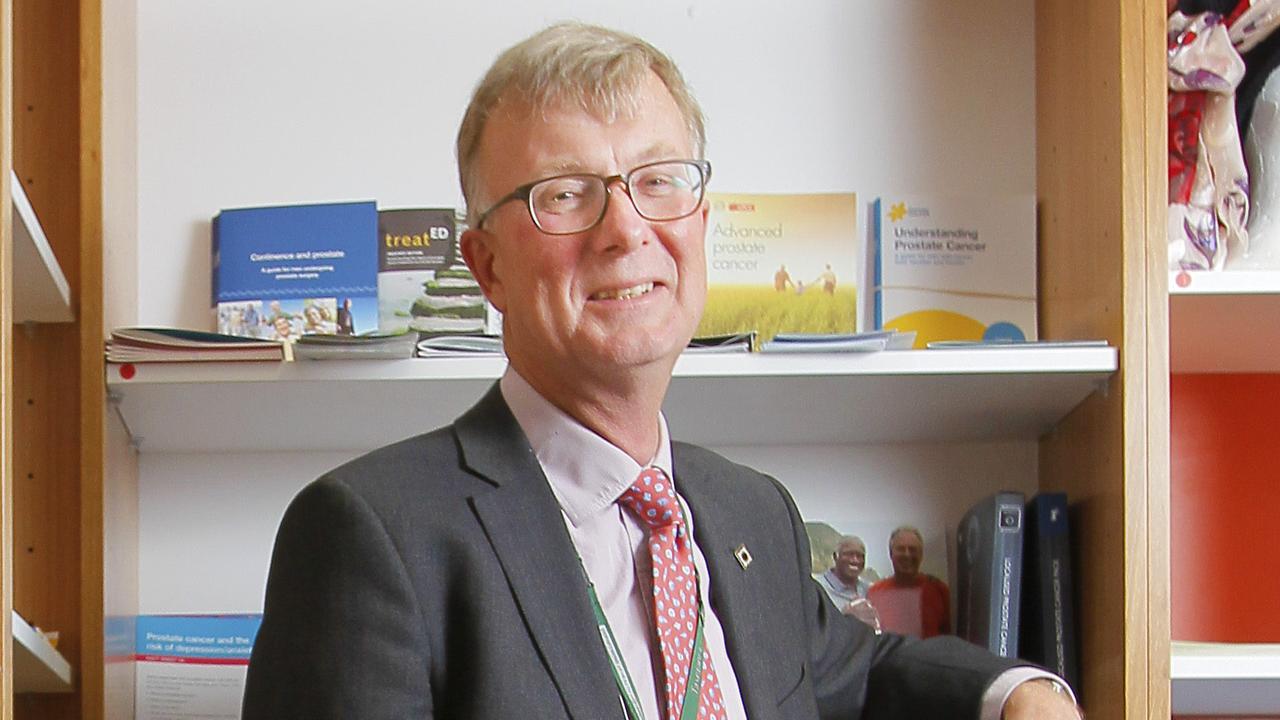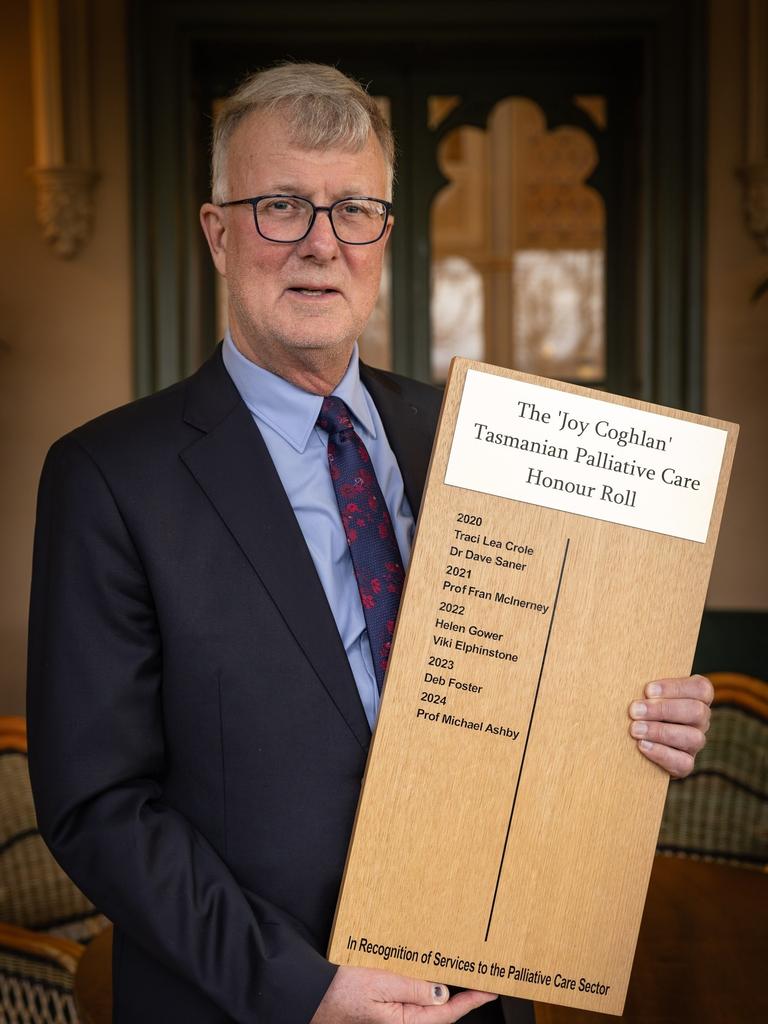‘Our entire system is not set up to cope’: Expert issues stark dementia warning
Dementia is predicted to be the number one contributing cause of death in Australia in the future, prompting one Tasmanian professor to call for drastic changes.

Dementia is predicted to be the number one contributing cause of death in Australia in the future, prompting one Tasmanian professor to call for drastic changes to health care and support models – including changing the ways in which people die.
A recent research paper, published during this Dementia Action Week, by the science journal The Lancet examined the risk factors for dementia in the western Pacific region.
In it, the authors state that many countries in the region are “underprepared” for “adequate dementia care”.
University of Tasmania palliative care professor and former palliative care director at the Royal Hobart Hospital Professor Michael Ashby believes dementia is a problem that has “crept up” on the public and health care systems globally.

“We don’t actually quite know where that trend is going to end and it’s the biggest change I’ve seen in my professional career in the way people die,” he said.
“A lot of medical talk has been on the cause and finding a cure, when we should be preparing to actually see people with dementia swamping our hospital system.
“There is also a question of how we deal with non-dying people who have very severe behavioural and psychological symptoms and the fact that hospitals, nursing homes – our entire system – is not set up to cope with them.”
He said the healthcare system’s aversion to the use of mild sedatives for distressed dementia patients, lack of suitable environment in hospitals for people with dementia and lack of at-home medical treatment options are small areas of change to address the dementia “epidemic”.
“Our medical system is under the same stressors as everyone else globally, but it doesn’t negate the fact that we need to start addressing what will be the population’s main health and societal concern in the very near future,” he said.
Palliative Care Tasmania CEO Veney Hiller said dementia will further drive the well-known future demand for palliative care.
“We do need to get prepared, whether that’s families affected, people living with dementia or the local community,” she said.
“We know that the longer individuals stay out of aged care, the better their outcomes, but we also know that those in the later stages of life with an advanced care plan have better outcomes in terms of quality of life.”

An advanced care plan addresses a person’s values and treatment preferences for their care for both medical care staff and family when someone is unable to do so.
Palliative Care Tasmania offers free resources online to assist the public in developing their own plan, as well as shaping their palliative care.
“With the rise in these conditions and with a large ageing population in Tassie, it’s important people have that awkward conversation to ensure people have the outcomes and care they want towards the late stages of their life,” Ms Hiller said.
Health Minister Guy Barnett acknowledged Tasmania’s place as the oldest and fastest ageing population in Australia.
“We have long recognised our ageing population is an area we must be prepared to respond to and in 2022, we established the Tasmanian Aged Care Collaborative as a cross-sector initiative to improve the interaction between our health services and aged care services,” he said.
In November last year the Tasmanian Health Service launched the Hospital@Home program in southern Tasmania, which provides hospital-level care to patients at home or in residential aged care.
Mr Barnett said the government was working towards expanding the services statewide.
More Coverage
Originally published as ‘Our entire system is not set up to cope’: Expert issues stark dementia warning





